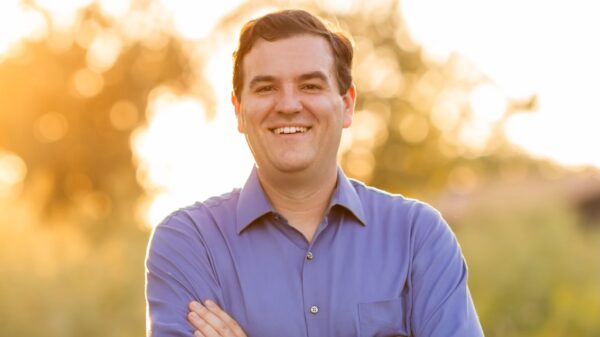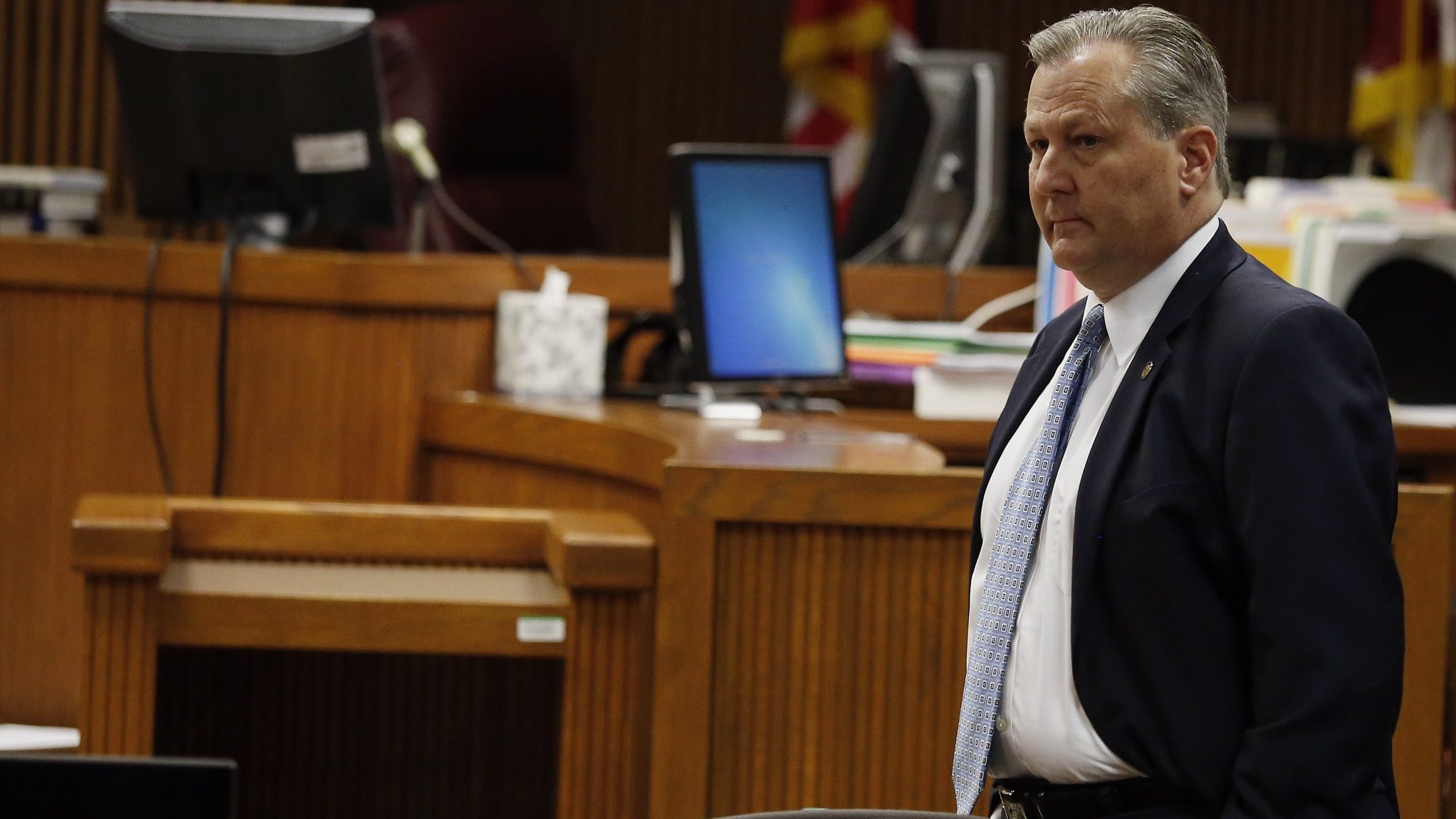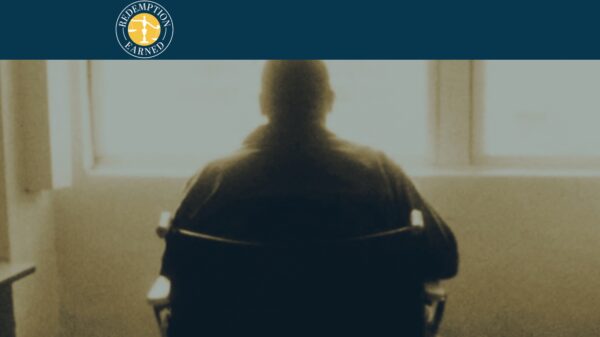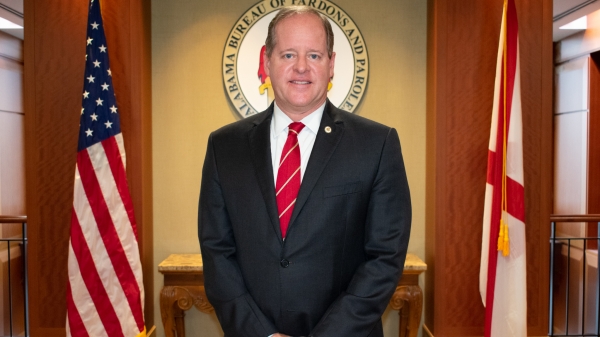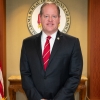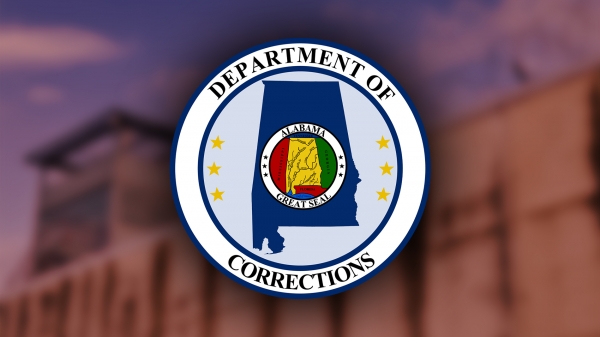Even from prison, former House Speaker Mike Hubbard — who is serving time after being convicted of several felonies related to ethical violations — was attempting to use his remaining political power to coerce lawmakers to insert language into a recently passed prison bill that would have allowed him to go free. That’s according to a court filing from the Alabama Attorney General’s Office.
Working through friends, including a former attorney and the former head of the Business Council of Alabama, Hubbard attempted to get language inserted into the prison bill, which was passed during a recent special session, and apparently had at least one lawmaker willing to go along with the plan, the filing claims.
That filing, which is an objection to Hubbard’s request for an early release, cites more than 600 personal phone calls that the state monitored between Hubbard and various associates, and dozens of emails. Phone calls and emails from incarcerated individuals are not private.
The state’s filing also points out that Hubbard, in those calls and emails, repeatedly denied wrongdoing, described his recent mea culpa to the court when asking for his release as “better than doing nothing,” and that Hubbard told his friends that despite his letter to the court he had done nothing wrong.
“Hubbard’s apology did not result from a year of reflection in prison,” the filing states. “It came because there were no other legal options and his so-called ‘treatment plan’ was ‘better than doing nothing.’”
Hubbard was convicted in 2016 of 13 felony ethics charges related to the misuse of his office for personal gain. The Court of Criminal Appeals knocked off one of those charges three years ago and the Alabama Supreme Court tossed out six more. Last November, a circuit court judge in Lee County reduced Hubbard’s original four-year sentence down to just 28 months.
Throughout the ordeal, Hubbard maintained his innocence and insisted that the ethics laws had been misapplied in his case. Then, suddenly, earlier this year, he did an about-face and admitted his guilt in a letter to the court, in which he asked for an early release.
State prosecutors questioned the honesty of Hubbard’s mea culpa, particularly since the only time anyone had heard the former House speaker even hint at his own guilt was in a letter asking to be let out of prison early.
When Hubbard’s attorneys raised issue with the state questioning Hubbard’s sincerity, the AG’s office got the tapes and emails.
They show a crafty politician who has not stopped working his political connections to serve his own cause, going so far as to use code names for his wife (the quarterback), close friends (emerald), attorneys (doctors, surgeons) and other associates to hide his plans from officials who might be listening, according to the filing.
In addition to attempting to influence legislation and ask the court for leniency, the filing claims Hubbard and his associates had another plan — to influence the production of a law school journal article that they could then use as evidence in court.
Former BCA head Billy Canary and attorney Lance Bell, the filing states, contacted a University of Notre Dame law student, offered themselves as “expert witnesses” for a review of Hubbard’s case, and then “worked” with the law student on the drafting of an opinion piece.
The plan was to then present the opinion piece to a news outlet in the state and begin a public push to change the narrative around Hubbard’s conviction. That was all in the hopes of winning early release for Hubbard.
“As Canary told Hubbard: it went from ‘Lance to the quarterback, the quarterback to me,’” the filing states. “‘And I said, well, let me just kind of reach out to this dude [a law student] … we created a relationship, and I became, what I would consider to be, an expert witness.
“When the article finally arrived in early October,” the filing continues. “Canary described the impact that he and Bell had on the article, if not the student: ‘I know for a fact had we not been able to at least give some expert advice, I don’t — I know it wouldn’t have come out the way it did. … I think at the end of the day, at this juncture … with these doctors and this CEO, there’s a couple good nuggets in there that can be used.”
Canary seemed unsure in the end if the article and plan would have much effect.
The most egregious and troubling plan, according to the filing, was Hubbard’s attempt to use the Legislature, and the new prison plan, to win his release.
Again, with Canary, Bell and Hubbard’s wife, Susan, working behind the scenes, and with at least one House member — the filing does not name the House member — willing to go along with the plan, according to the filing, Hubbard wanted language inserted in the bill that would allow him to walk out of prison. And there were hints that Hubbard and his associates have previously attempted to influence legislation on Hubbard’s behalf.
The filing quotes Canary in a phone call to Hubbard: “Let’s just say we’ve been huddling, the group around the quarterback, on making sure this time we get it right. I had a conversation with a good old friend of yours by the name of [code phrase for Lobbyist One], anyway, let’s just say this time all of the oars will be in the water at the same time.”
According to the filing, Bell told Hubbard that he had spoken with a House member about ensuring that language that would help Hubbard would be in the bill. That House member was going to talk to someone in the Senate to ensure the language was inserted, but the House member had already agreed to carry the bill with the language in it.
Ultimately, no senators would carry the bill. In response, Hubbard attempted to get Bell and Canary to coerce the House member to “pitch a fit and say I’m going to block everything on building prisons in the House.”
When the House member declined, Hubbard tried one last time, the filing states, encouraging Bell to contact an unnamed senator and see if he would be willing to recruit others to go along with the plan. That plan also failed.




